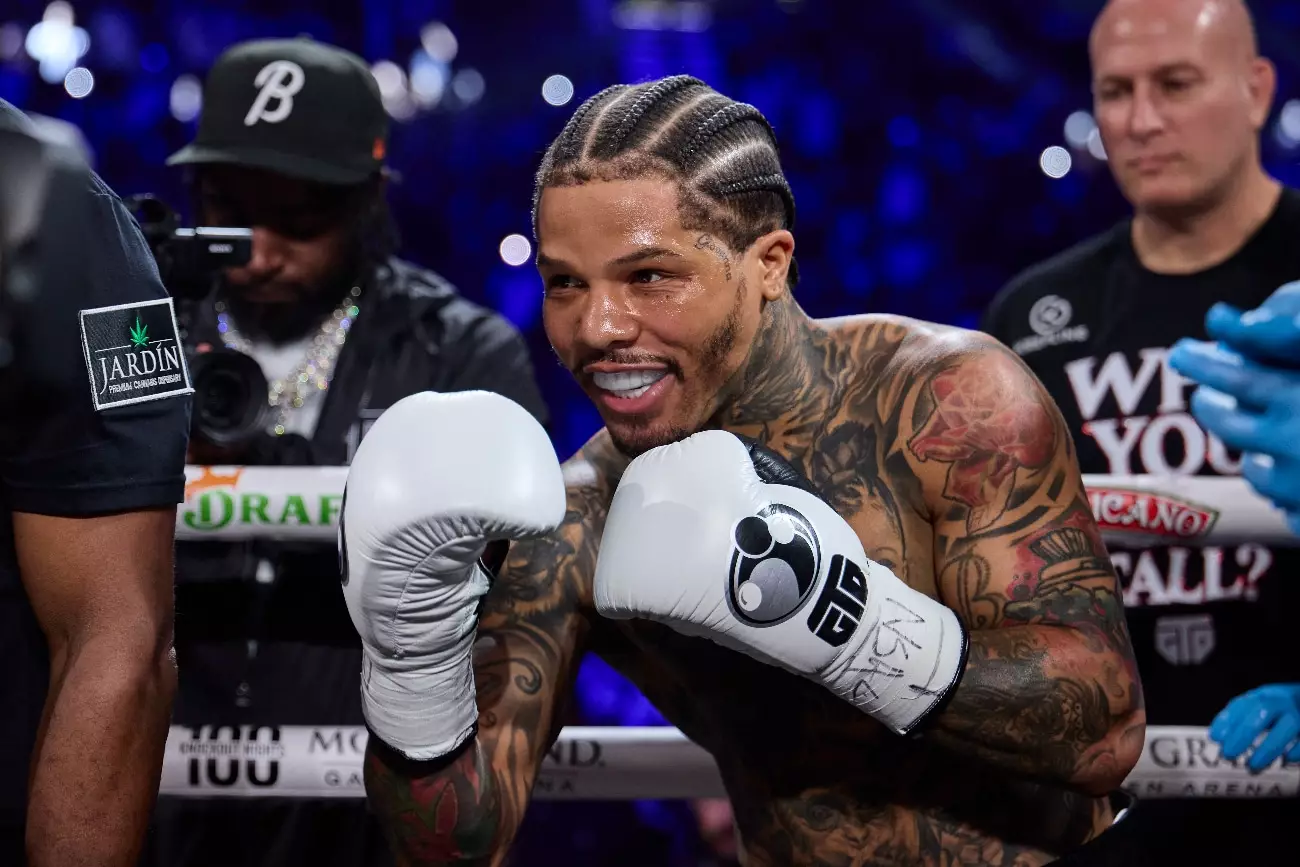Gervonta “Tank” Davis has become a defining figure in boxing, but his recent announcement regarding a title defense against Lamont Roach Jr. raises questions about his promotional strategy. By hastily posting and then trashing a fight poster for their upcoming match, which is set to occur on December 14 at Houston’s Toyota Center, Davis and his team seem to reveal a troubling lack of confidence in both the matchup and its potential marketability. The swift deletion of the post suggests uncertainty, indicating that the promotional team may not expect a significant pay-per-view (PPV) turnout for this contest.
Feedback from boxing fans on social media has been far from enthusiastic. Many critics view the Davis-Roach bout as unworthy of PPV status, arguing that it lacks the allure typically associated with premium pricing. It seems that Davis’s management could be miscalibrating their understanding of fan expectations. Instead of engaging an audience used to high-stakes clashes, they may have underestimated how skeptical fans can be regarding a seemingly less competitive fight.
The median sentiment hovering in the community suggests disappointment; many question the rationale behind this matchup, especially considering Davis’s impressive record of 30-0 with 28 KOs. His choice to fight Roach, who holds a respectable but less illustrious record of 25-1-1 with 10 KOs, has left fans feeling disregarded. In an era where fighters can create significant buzz through thrilling competitions, this matchup feels like a step backward.
Relational Decisions vs. Competitive Choices
Davis’s trainer, Calvin Ford, mentioned that Roach was selected partly due to their shared history, both having sparred and fought in the amateurs. While the intent to give back to community connections is admirable, it raises substantial concerns about Davis’s dedication to challenging himself against the elite of the sport. The boxing fan base thrives on innovation and excitement—traits that this matchup lacks.
Instead of catering to a wider audience with potential high-stakes competitions against top-ranked fighters, Davis seems content with a safe path. As he approaches his 30th birthday, this habit of avoiding elite-level opponents could turn detrimental not just to his career but also to his standing among boxing’s elite and his visibility within the sport.
Davis’s apparent disregard for the fans who seek competitive bouts is palpable. This nonchalant attitude points toward a critical crossroads in his career, where he needs to decide if he values his audience’s opinion or if he will continue to prioritize his preferences. The consensus seems clear: fans are salivating for electrifying bouts, not predictable steps that offer little excitement.
In a sport that thrives on legacy and reputation, Gervonta Davis risks being remembered not for his accolades, but for his reluctance to face challenging opponents. As fans weigh their desire to see him in the ring, the question begs: will they choose to invest in another underwhelming matchup or wait for something truly noteworthy? The answer to that might just dictate the trajectory of his future in boxing.

